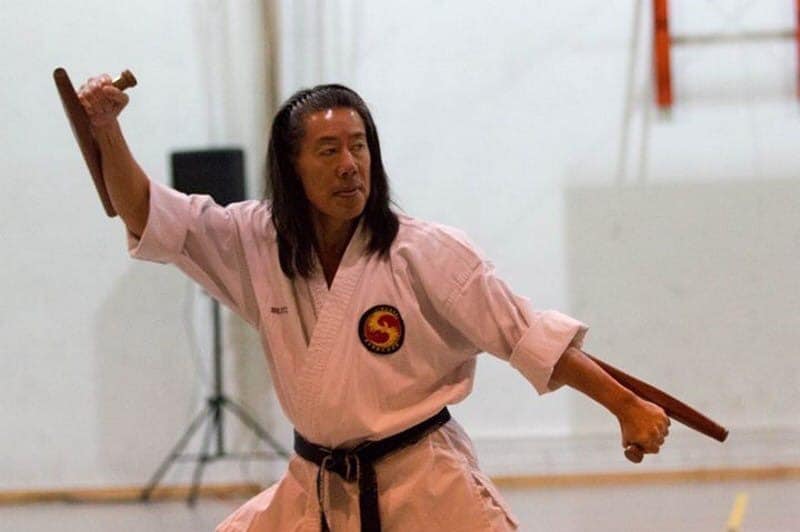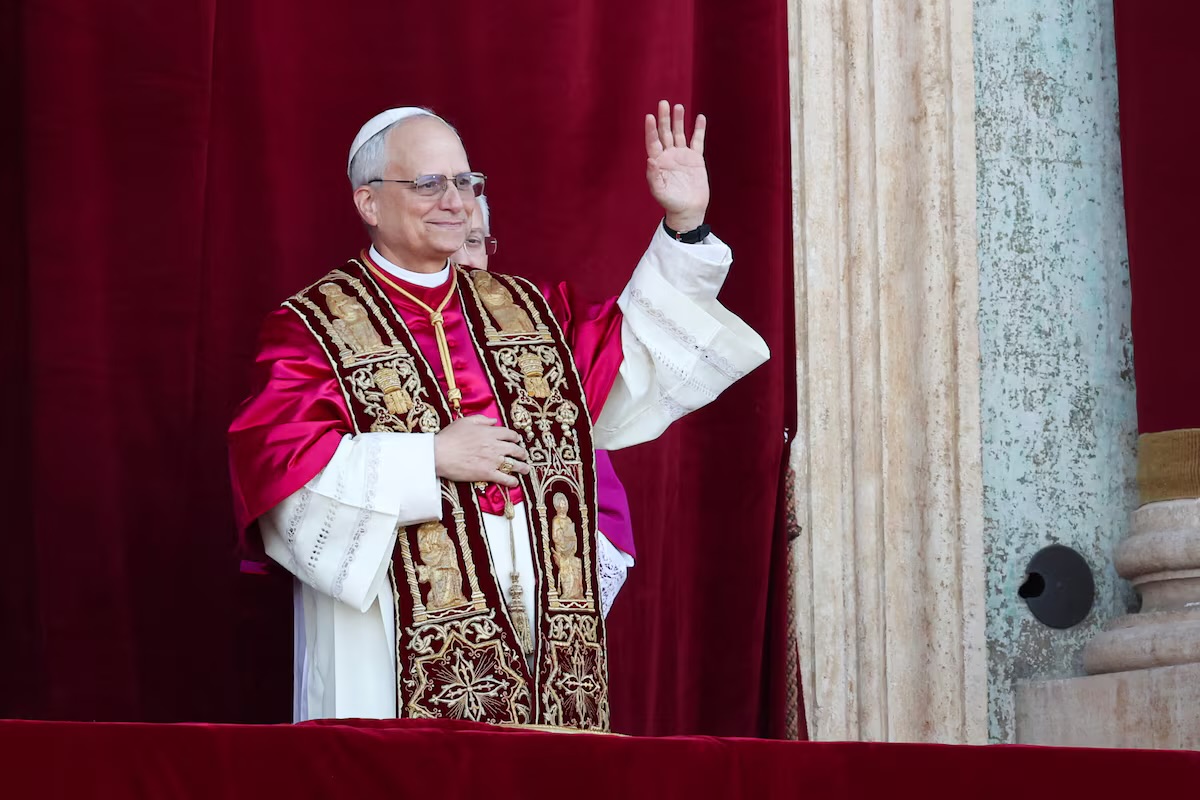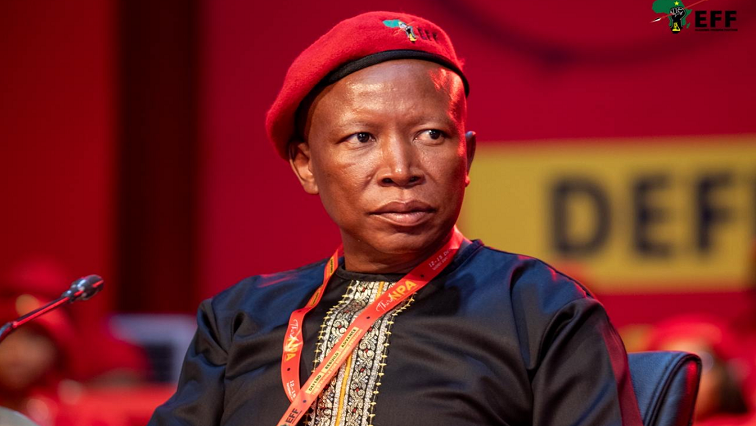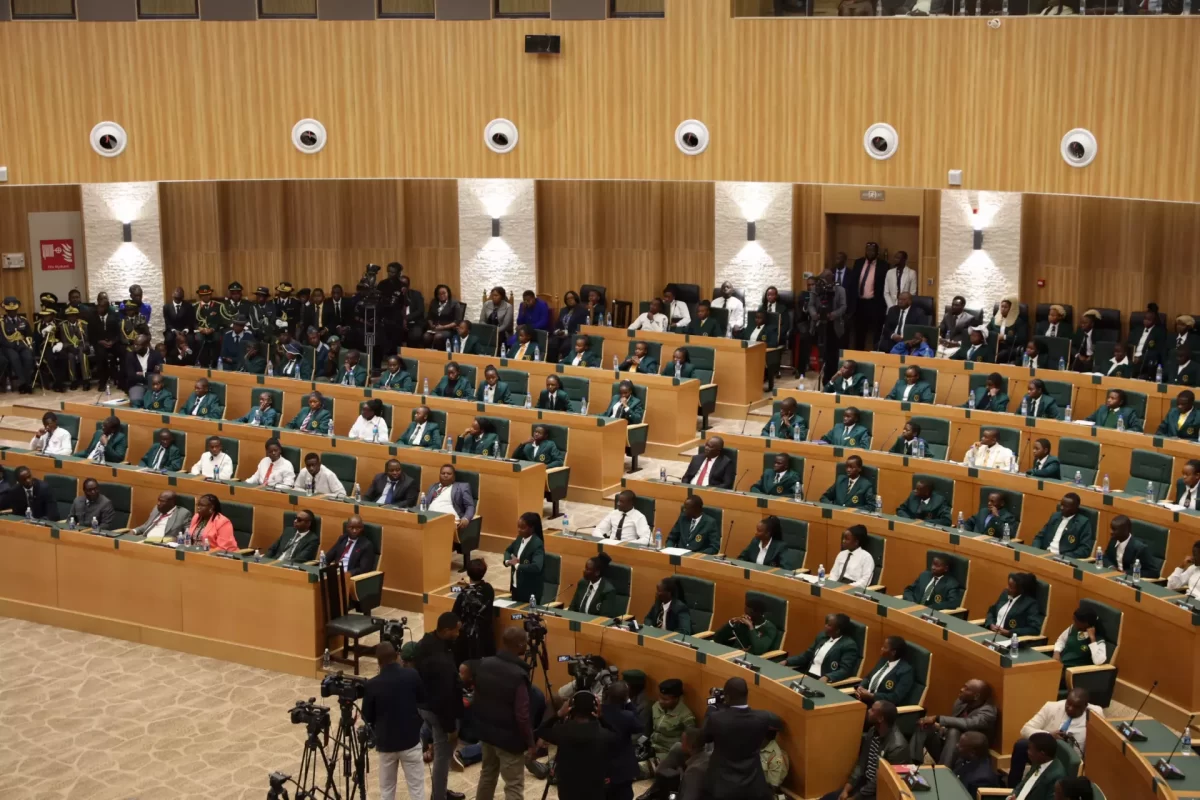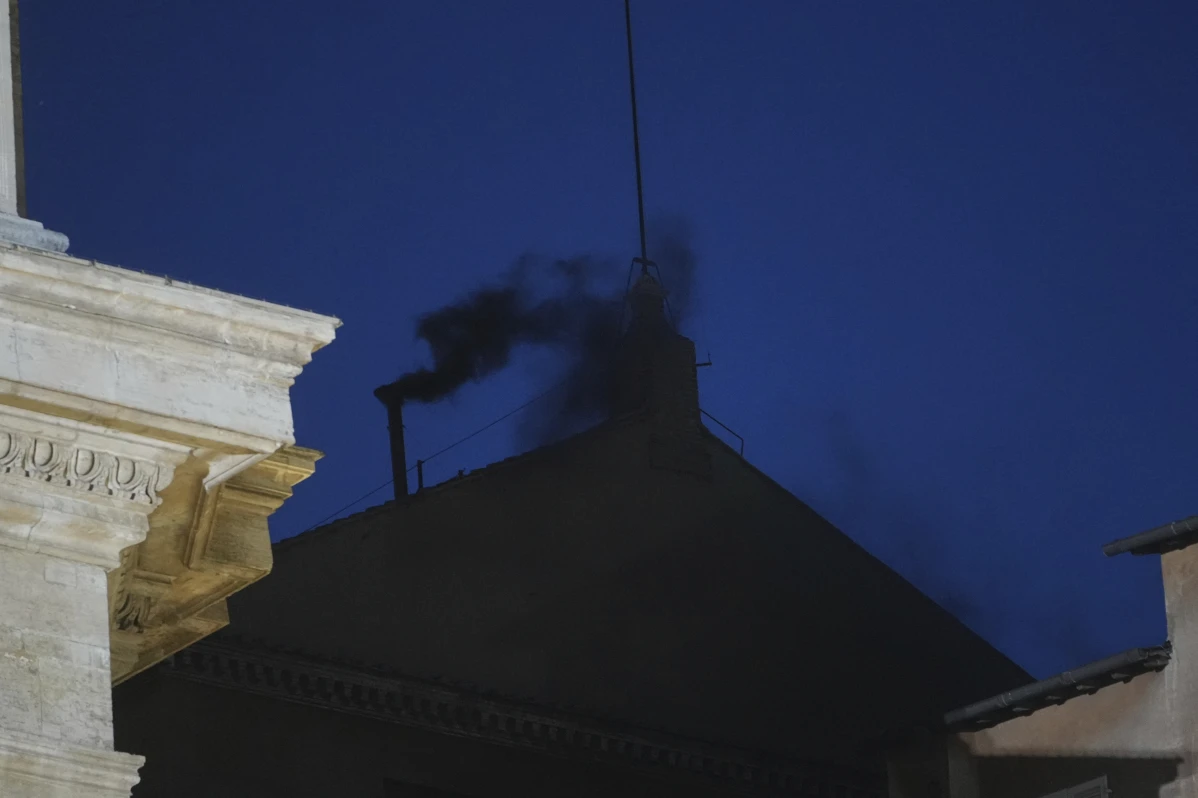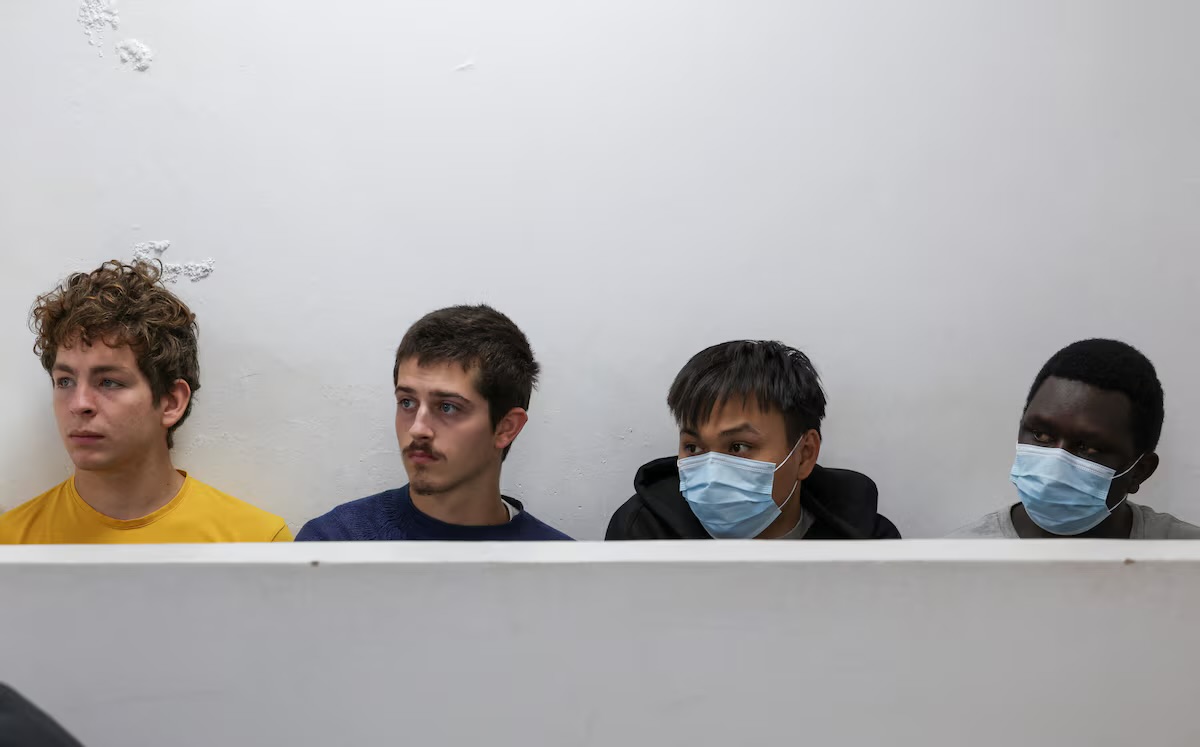HARARE – British academic Professor Stephen Chan was arrested and deported back to Zambia on Sunday evening as Zimbabwe’s government intensifies efforts to stop critics from observing general elections on Wednesday.
Even before the 73-year-old’s arrival, the state-run Herald newspaper had been briefed that he was travelling to Zimbabwe to “train opposition insurgents.”
“He is seeking to be in the country as part of a broader plan by the opposition to trigger mayhem if the poll results are not in their favour,” The Herald claimed.
Chan dismissed official claims that he had failed to satisfy immigration officers about his intentions in Zimbabwe. He allegedly stated that he wanted visa from August 21 to September 4 to teach karate. The professor of World Politics at London University is a karate sensei, and heads the Jindokai Karate and Kobudo Association.
Ironically, he arrived in Zimbabwe from Zambia where, in celebration of Africa Day on May 25, he was conferred the honour of the Presidential Insignia for Meritorious Achievement by the President of Zambia. This recognised his community work for 42 years in Zambia, driving community and youth upliftment through martial arts and building a sizable national movement in the process.
“I was deported on arrival in Zimbabwe. The insurgency story was clearly a cover. They just don’t want people to see an election that is not fully proper,” Chan wrote on X, the social media formerly known as Twitter.
“The comments by the officials who refused me entry to Zimbabwe are untrue. They never asked me anything. I never mentioned karate at any time. In fact we said little. I was escorted off one plane, had paperwork issued, then escorted back onto another one.
“I teach karate free of charge around the world including annually in Zambia and Zimbabwe. But I cannot travel just when I like. I teach. Right now it is the UK university summer recess and I was happy it coincided with the elections. I have attended all but 2 of the Zimbabwe elections, including the one in 1980 in which I was deeply involved as an observer. So it’s become a tradition for me because I care for the future of the country and the future of democracy.
“I actually wasn’t going to write a book about this one. If a few short tweets and newspaper comments are destabilising the government, the government must be much weaker than it pretends to be.”
Chan, a critic of the Zanu PF government and author of the book, Mugabe: A Life of Power and Violence, is the latest government critic to be stopped from observing the vote in which incumbent Emmerson Mnangagwa faces a rematch with opposition challenger Nelson Chamisa following his razor-thin victory in 2018.
Nigerian journalist David Hundeyin was denied entry without explanation. Former SABC journalist and Good Governance Africa CEO Chris Moroleng and three of his colleagues were confronted at their hotel in Bulawayo and deported.
Rights campaigner Rashid Mahiya, prominent lawyers Arnold Tsunga and Musa Kika as well as the government critic and cleric Bishop Ancelimo Magaya were denied accreditation to observe the elections by the Zimbabwe Electoral Commission “for security reasons.” They are challenging the ban in court.

